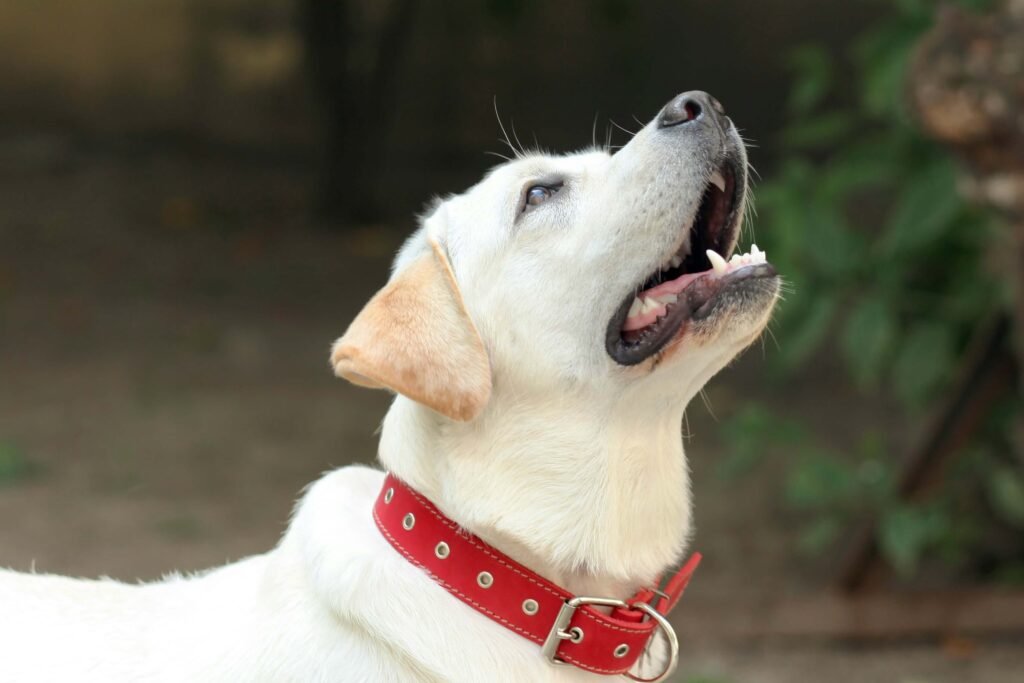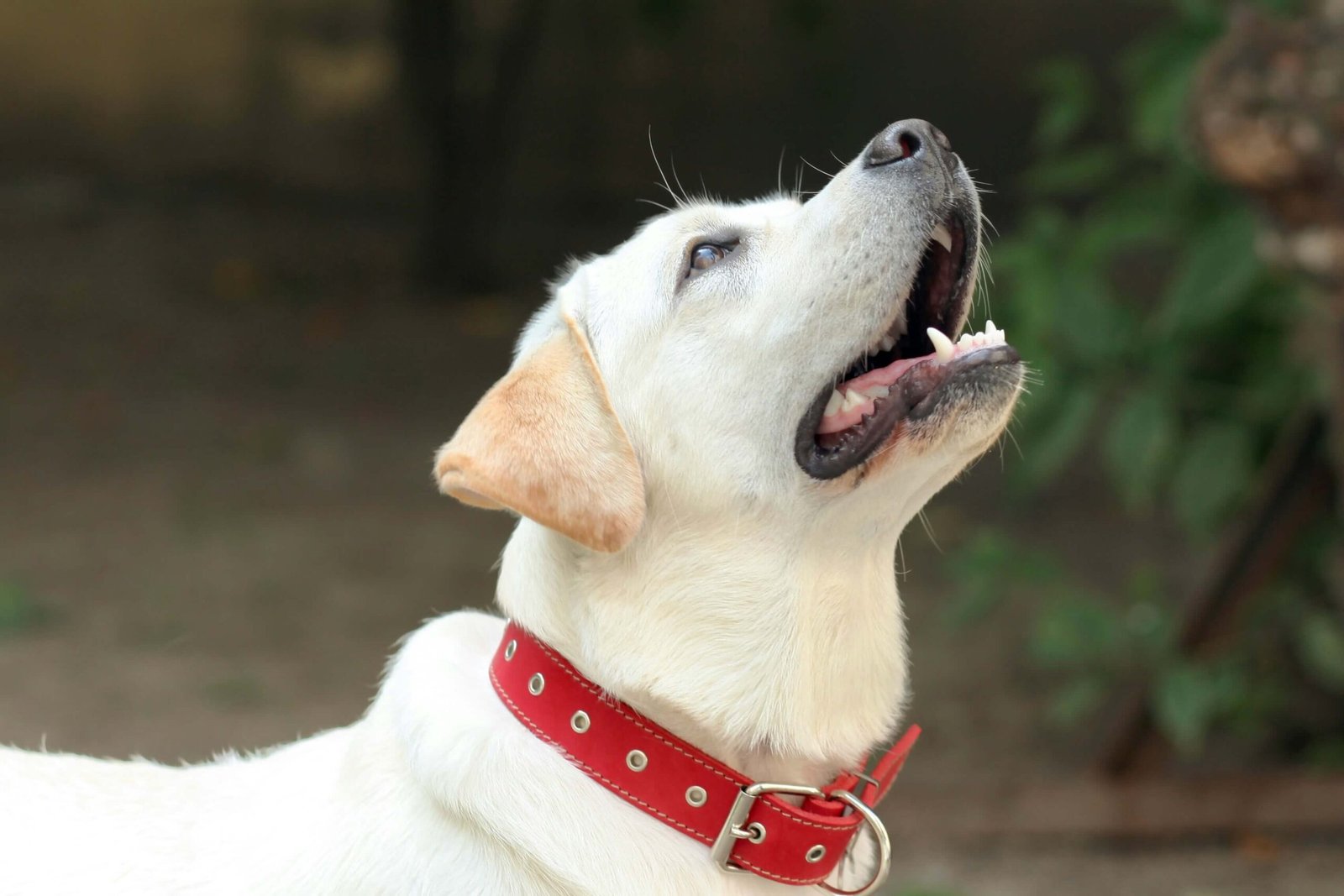What Happens When Your Dog Eats Popcorn Kernels?
Popcorn is a beloved snack for many, and it’s not uncommon to find yourself munching on a bowl while relaxing on the couch. But what happens when your furry friend decides to join in and accidentally consumes popcorn kernels? While dogs are known for their curious nature and occasional mischief, eating popcorn kernels can sometimes lead to concerns about their health. In this blog post, we’ll explore everything you need to know about this situation, including potential risks, signs to watch out for, and steps you can take to ensure your dog stays safe and healthy.
Why Are Popcorn Kernels Risky for Dogs?
While plain, air-popped popcorn can be an occasional treat for dogs, the kernels themselves pose certain risks. Here’s why you should be cautious:
Choking Hazard
Kernels are small and hard, making them difficult for dogs to chew properly. This increases the risk of choking, especially for smaller breeds or dogs that tend to gulp their food.Digestive Blockage
If swallowed whole, popcorn kernels can cause blockages in the digestive tract. These blockages may require veterinary intervention if left untreated.Tooth Damage
The hard texture of kernels can potentially damage your dog’s teeth or gums, leading to discomfort or dental issues.Nutritional Concerns
Kernels offer no nutritional value to dogs and may even upset their stomachs due to their indigestible nature.Seasoned or Buttered Popcorn
If the kernels come from flavored or buttered popcorn, they could introduce harmful ingredients like salt, artificial flavors, or oils that are toxic to dogs.
Understanding these risks will help you make informed decisions about feeding your dog snacks and keeping them away from potentially hazardous foods like unpopped kernels.
Signs Your Dog May Be Unwell After Eating Popcorn Kernels
If your dog has consumed popcorn kernels, it’s essential to monitor them closely for any signs of distress. Here are some symptoms to look out for:
Vomiting
Dogs may vomit as their body attempts to expel the indigestible material. Frequent vomiting is a red flag that requires immediate attention.Lethargy
A sudden lack of energy or enthusiasm could indicate internal discomfort or pain caused by the kernels.Loss of Appetite
Refusal to eat meals or snacks might suggest that your dog is experiencing nausea or abdominal pain.Diarrhea
Digestive upset often manifests as diarrhea, which can lead to dehydration if not addressed promptly.Excessive Drooling
Increased drooling can be a sign of nausea or irritation in the mouth or throat.
If you notice any of these symptoms persisting, contact your veterinarian right away. Early intervention can prevent more serious complications down the line.
Check this guide 👉Can Dogs Eat Olives? Best 7 Health Tips!
Check this guide 👉Can My Dog Eat Salami? Best 7 Health Tips!
Check this guide 👉Can Dogs Eat Whipped Cream? Best 7 Health Tips!

Symptoms to Watch For | Steps to Take |
|---|---|
Vomiting | Withhold food temporarily |
Lethargy | Monitor hydration levels |
Loss of appetite | Offer bland food like boiled chicken and rice |
Diarrhea | Ensure access to fresh water |
Excessive drooling | Contact your vet immediately |
Preventing Future Incidents
Prevention is always better than cure. To avoid situations where your dog might consume popcorn kernels, consider implementing the following measures:
Store Snacks Safely
Keep bags of popcorn and other snacks out of reach. Use sealed containers to minimize temptation.Supervise Snack Time
When enjoying snacks around your pet, ensure they don’t have access to dropped pieces or leftover bowls.Train Commands Like “Leave It”
Teaching basic commands can help prevent your dog from grabbing unsafe items.Opt for Dog-Friendly Treats
Choose treats specifically designed for dogs instead of sharing human snacks.Regular Vet Check-Ups
Routine visits to the vet can help identify any underlying health issues early on.
By taking these precautions, you can create a safer environment for your furry companion and reduce the likelihood of accidental ingestion.
Safe Alternatives to Popcorn for Dogs
If you want to share snacks with your dog without risking their health, here are some safe alternatives to try:
Plain Air-Popped Popcorn (Kernel-Free)
Serve only fully popped, unsalted, and unbuttered popcorn sparingly as an occasional treat.Carrot Sticks
Low in calories and high in fiber, carrot sticks are a crunchy and nutritious option.Apple Slices (Seedless)
Apples provide vitamins A and C but ensure you remove seeds before offering them.Blueberries
These tiny fruits are packed with antioxidants and make a great low-calorie snack.Peanut Butter (Xylitol-Free)
Spread a small amount of peanut butter on toys or mix it with kibble for a tasty reward.
These alternatives allow you to bond with your dog over shared snacks while prioritizing their well-being.
Common Mistakes Pet Owners Make with Snacks
Feeding dogs snacks can be a wonderful way to bond, but there are some common mistakes pet owners make that could inadvertently harm their pets. Here’s what to avoid:
Sharing Human Food Without Research
Not all human foods are safe for dogs. Some, like chocolate or grapes, can be highly toxic.Overfeeding Treats
Too many treats can lead to obesity and other health issues in dogs. Moderation is key.Using Seasoned or Processed Foods
Foods high in salt, sugar, or artificial additives can upset your dog’s stomach or cause long-term damage.Ignoring Portion Sizes
Even healthy snacks should be given in appropriate portions based on your dog’s size and breed.Assuming All Dogs React the Same Way
Every dog is different. What might be fine for one could cause allergies or digestive issues in another.
By being mindful of these pitfalls, you can ensure that snack time remains a positive and safe experience for your furry friend.
Benefits of Choosing Healthy Dog Treats
Switching to healthy, dog-specific treats can have numerous benefits for your pet’s overall well-being. Consider the following advantages:
Improved Digestion
Healthy treats often contain natural ingredients that are easier for dogs to digest compared to processed human snacks.Better Dental Health
Some dog treats are designed to clean teeth and reduce plaque buildup, promoting oral hygiene.Weight Management
Low-calorie treats help maintain a healthy weight, reducing the risk of obesity-related conditions.Enhanced Nutrition
Many dog treats are fortified with vitamins and minerals that support immune function and overall health.Tailored to Dietary Needs
There are options available for dogs with specific dietary requirements, such as grain-free or hypoallergenic treats.
Choosing the right treats not only keeps your dog happy but also contributes to their long-term health and vitality.
Fun Ways to Keep Your Dog Entertained Without Food
While treats are a great way to reward your dog, there are plenty of non-food-related activities that can keep them entertained and engaged. Here are some ideas:
Interactive Toys
Puzzle toys challenge your dog’s mind and provide hours of entertainment without involving food.Daily Walks and Exploration
Taking your dog on walks allows them to explore new scents and environments, stimulating their senses.Training Sessions
Teaching new tricks or reinforcing old ones strengthens your bond and keeps your dog mentally sharp.Playdates with Other Dogs
Socializing with other dogs provides physical exercise and emotional enrichment.Agility Courses
Setting up a simple agility course in your backyard encourages physical activity and boosts confidence.
These activities not only entertain your dog but also promote a balanced lifestyle, ensuring they stay physically fit and mentally stimulated.
Frequently Asked Questions About Dogs and Popcorn Kernels
Can dogs digest popcorn kernels?
No, dogs cannot digest popcorn kernels effectively. They are too hard and may pass through the digestive system intact or cause blockages.
What should I do if my dog ate popcorn kernels?
Monitor your dog for symptoms such as vomiting, lethargy, or loss of appetite. If any signs appear, consult your veterinarian immediately.
Is plain popcorn safe for dogs?
Yes, plain, air-popped popcorn without kernels is generally safe in moderation. Avoid adding salt, butter, or seasonings.
How can I stop my dog from eating harmful foods?
Train commands like “leave it,” store snacks securely, and supervise your dog during meal times.
Are there long-term effects of eating popcorn kernels?
Most cases resolve without long-term effects, but severe blockages or repeated incidents could lead to chronic digestive issues.
Keeping Your Dog Safe and Happy
In conclusion, while dogs eating popcorn kernels isn’t necessarily an emergency in every case, it’s crucial to remain vigilant and proactive. Understanding the risks, recognizing symptoms, and preventing future incidents can go a long way in ensuring your dog’s health and happiness. By choosing safe snacks and creating a secure environment, you can enjoy quality time with your furry friend without unnecessary worry. Remember, a happy dog is a healthy dog—and that starts with mindful care and attention!
Do Cats Have Taste Buds? Best 7 Expert Tips! – Discover how cats experience flavors and why their taste is so unique.
Do Dogs Have Taste Buds? Best 7 Expert Tips! – Discover how dogs experience taste, their preferences, and what it means for their diet and health.
Can Cats Taste Sweet? Best 7 Expert Tips! – Discover why cats can’t taste sweetness, how it affects their diet, and tips to keep them healthy and happy.
Can Dogs Taste Sweet? Best 7 Expert Tips! – Discover how dogs perceive sweetness, which foods are safe, and tips to manage their sweet cravings responsibly.





